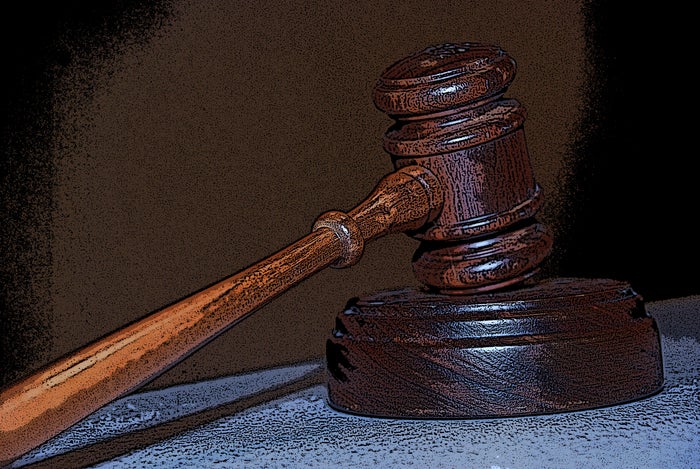The knives are out again between Cisco and Arista over their patent clash. Cisco this week said the US Trade Representative has begun the import ban as well as the cease and desist order covering Arista products imposed by the我nternational Trade Commission in June.
+More on Network World:Arista infringes on Cisco networking patents, trade agency says+
According to a blog post from Mark Chandler, Senior Vice President, General Counsel and Secretary of Cisco, the current action which took effect Aug. 23 has serious consequences for its rival. He wrote:
“For Arista’s customers and partners, the cease and desist order blocks the marketing, sale or distribution of all inventory of imported infringing products. It also means that Arista is unable to honor the service and warranty contracts for any infringing products sold after the ITC’s ruling date (June 23, 2016). Arista’s customers must now bear that risk.
- For Arista’s suppliers, the ITC orders mean that Arista cannot import parts or components to manufacture infringing products in the United States.
- For Arista’s investors, it means factoring in the high cost of trying to circumvent the ITC’s ruling. The penalty for importing or selling infringing product in violation of the cease and desist order is up to the greater of $100,000 per day, or twice the sales value of the infringing product imported or sold by Arista in the United States.
- For Arista’s board and company officers, it means needing to offer more than just rhetoric about supposed workarounds. Arista chose not to present its proposed changes to the ITC, where they could have been reviewed in an open process. Based on what Arista has made publicly available to those who have purchased its products, it appears Cisco’s proprietary technology is still being used.
- Regardless of what either company says, Arista must convince Customs and Border Protection in a detailed review that it no longer infringes.
- Arista has also noted in several public forums that it intends to continue selling the affected products. It does this without any ITC or CBP approval. If Arista does not change its course, Cisco will bring an enforcement action in the ITC later this week.”
Arista maintains that it is now in compliance with the ITC and the situation is not as dire as Cisco paints it.
"We believe that we are in full compliance with the ITC's remedial orders. As we've previously announced, all of our products now feature our new version of EOS, which contains design-arounds that we believe address the ITC's findings. Our primary focus remains the continued supply of non-infringing products to our customers,” Marc Taxay, Senior Vice President, General Counsel for Arista, said in a statement.
Taxay has previously stated: “Despite Cisco’s rhetoric claiming that the lawsuits are a defensive move to protect its intellectual property, these actions are clearly part of a broader effort to use litigation to preserve Cisco’s market position.”






